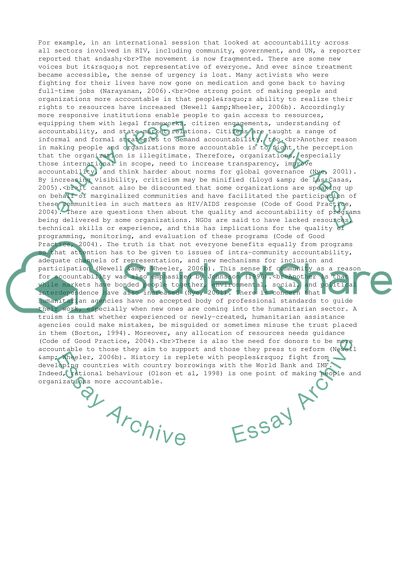Cite this document
(The Point of Making People and Organizations More Accountable Essay, n.d.)
The Point of Making People and Organizations More Accountable Essay. Retrieved from https://studentshare.org/business/1532918-the-point-of-making-people-and-organizations-more-accountable
The Point of Making People and Organizations More Accountable Essay. Retrieved from https://studentshare.org/business/1532918-the-point-of-making-people-and-organizations-more-accountable
(The Point of Making People and Organizations More Accountable Essay)
The Point of Making People and Organizations More Accountable Essay. https://studentshare.org/business/1532918-the-point-of-making-people-and-organizations-more-accountable.
The Point of Making People and Organizations More Accountable Essay. https://studentshare.org/business/1532918-the-point-of-making-people-and-organizations-more-accountable.
“The Point of Making People and Organizations More Accountable Essay”, n.d. https://studentshare.org/business/1532918-the-point-of-making-people-and-organizations-more-accountable.


